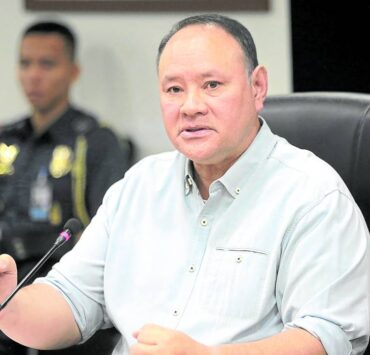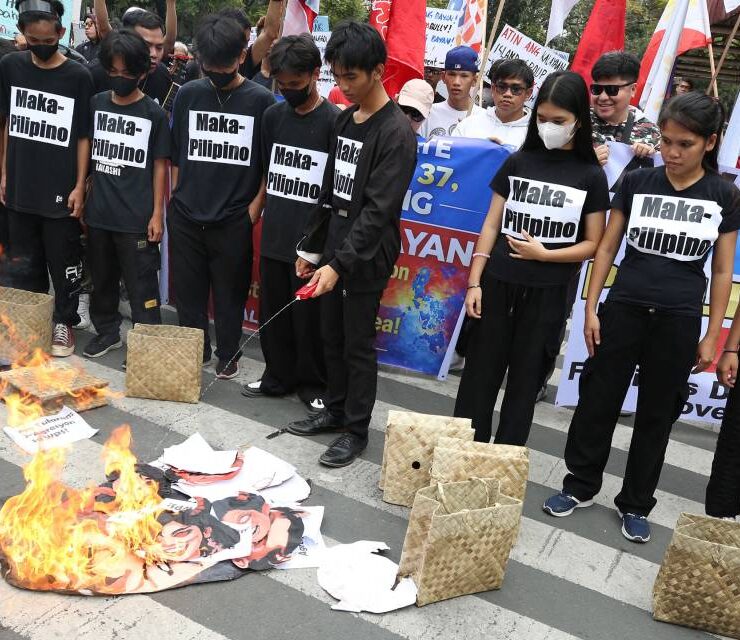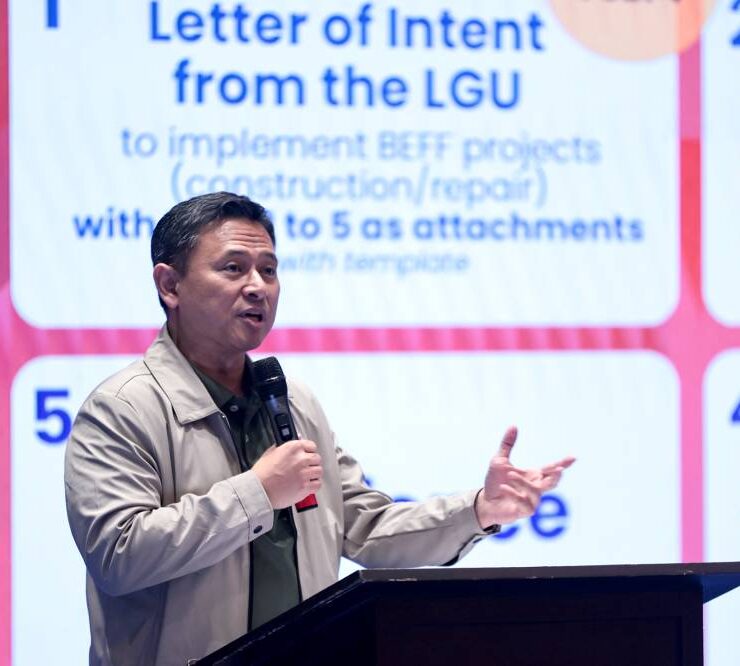China hit for trying to block WPS docu
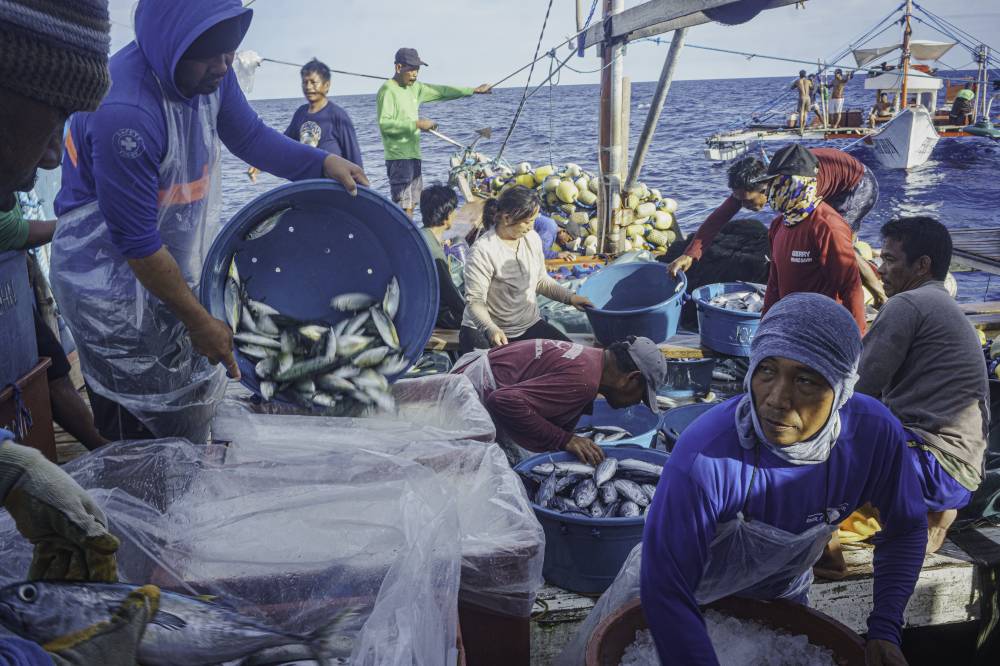
In political, diplomatic and cultural fronts, China persists using its influence to silence narratives that challenge its sweeping claims to the South China Sea, including the West Philippine Sea (WPS), waters within the Philippines’ exclusive economic zone (EEZ).
Whether it is in rejecting Manila’s arbitral award, or discrediting local media coverage, or pressuring international institutions, Beijing is making it clear that it would seize every opportunity to control the discourse regarding the WPS anywhere it sees fit.
In its latest attempt to drown out Philippine voices against its encroachments into these waters, China tried to block further screenings in New Zealand of the 82-minute documentary by Filipino filmmaker Baby Ruth Villarama about Filipino fishermen and Philippine authorities dealing with the tensions in the WPS.
Cancel call ignored
The Chinese Consulate General in Auckland on Friday asked that the festival cancel further screenings of “Food Delivery: Fresh from the West Philippine Sea” first shown in Auckland on June 30.
The consulate’s statement was posted by Doc Edge on its website for “transparency and fairness.”
The festival organizer, however, decided to proceed with the screenings.
The Chinese consulate’s statement said the film “is rife with disinformation and false propaganda, serving as a political tool for Philippines to pursue illegitimate claims in the South China Sea.”
“The Philippines frequently infringed on China’s rights and made provocations at sea, brought in forces outside the region to form blocs and flex muscles in the South China Sea, and spread disinformation to vilify China and mislead the international perception on this matter, and this documentary is one of its instruments of distortion,” it said.
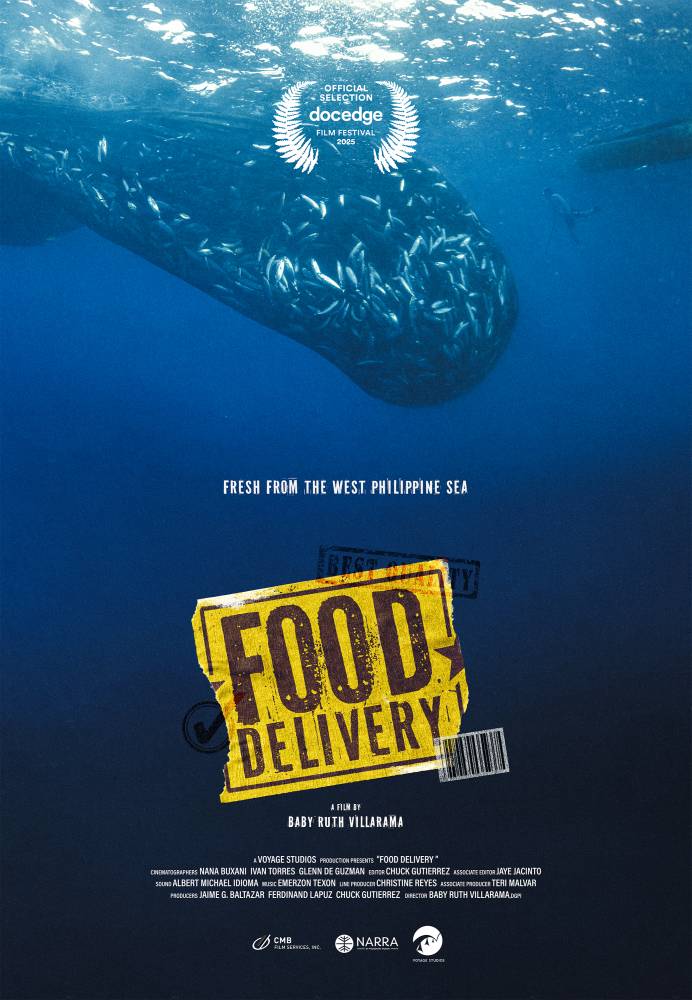
Film fest ‘kaupapa’ upheld
It also rejected the 2016 ruling by an arbitral tribunal that invalidated China’s expansive maritime claims to the South China Sea, repeating Beijing’s position that the decision was “illegal, null and void.”
The festival organizer, however, stood its ground after receiving both written and verbal appeals from the Chinese mission.
“Doc Edge stands by our ‘kaupapa’ (principles) and the festival’s independence and curatorial freedom,” it said in a statement.
Reacting to the consulate’s move, New Zealand’s Ministry of Foreign Affairs said its government “fully supports freedom of expression,” according to state broadcaster 1News.
It said it wasn’t taking sides in the territorial disputes in the South China Sea but supports their peaceful resolution through diplomacy in accordance with international law, specifically the United Nations Convention on the Law of the Sea.
The move by the Chinese consulate in Auckland followed China’s foreign ministry’s decision to ban Sen. Francis Tolentino from stepping on any Chinese territory, including Hong Kong and Macao. (See related story on this page)
Tolentino, a staunch critic of China’s actions in the WPS and author of two maritime laws criticized by Beijing, was sanctioned a day after his term ended on June 30.
‘Simply a witness’
He had also alleged that China’s embassy in Manila hired a “troll army” to undermine the Philippine government. The embassy strongly denied his allegations.
Tolentino said the sanction was “a badge of honor” and that he would continue upholding and defending Philippine sovereign rights in the WPS outside the Senate.
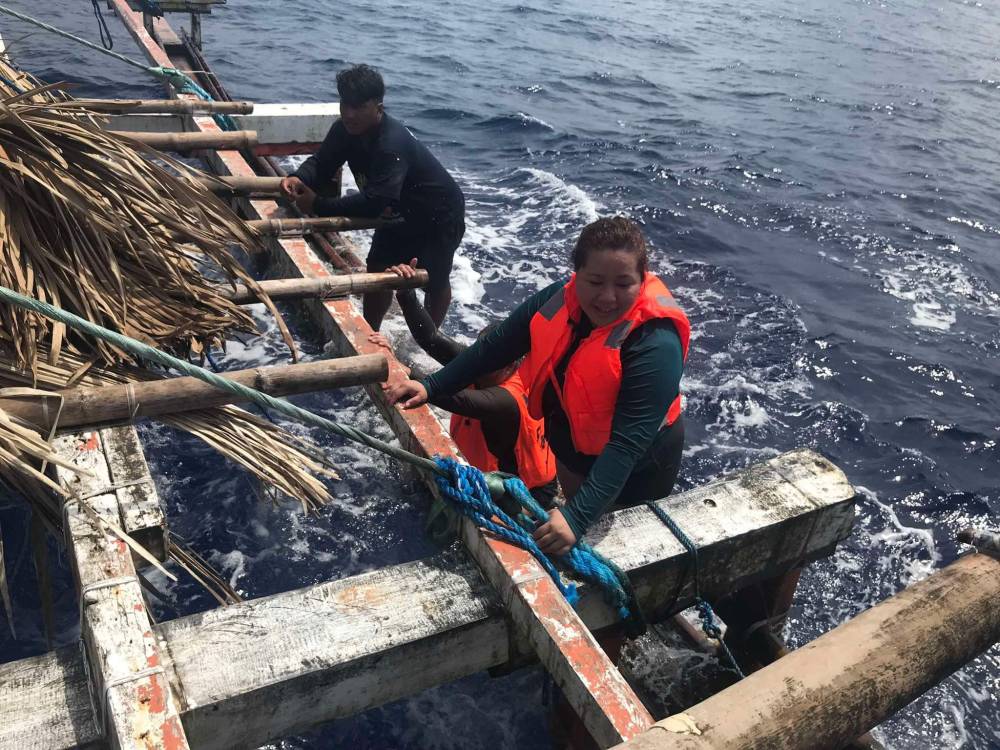
Villarama, who was in Auckland, said in an exchange of messages with the Inquirer on Saturday that the film was “simply a witness to the life of fishermen at sea, some naval officers and coast guards as they deliver food from the West Philippine Sea to market and the Rore (rotation and resupply) mission to deliver food to soldiers assigned in some features in the West Philippine Sea.”
“Our immediate goal is to bring the film to as many audiences as possible, both locally and internationally,” she said.
Tides of Change awardee
Villarama praised Doc Edge which “phenomenally handled the pressure” to stop the screening. She said the festival organizer’s action “was a class act to witness how film festivals are truly a champion of independent storytelling.”
“We have no politics but to stand behind the personal stories of our people, and make sure the world can see the truth about our struggles and quiet power,” she said. “Kuwento natin ’yun at ang WPS ay tunay na atin (That is our story and the WPS is truly ours). That’s what they are silencing.”
Despite her firm stand, Villarama invited the Chinese government to watch the film and “engage in an open, sincere conversation as genuine friends and neighbors.”
The film, which took a year to make, has won Doc Edge’s Tides of Change Award, which honors works tackling global and social issues.
“We have no intention of being against China,” Villarama said. “In fact, we deeply respect the Chinese people and their rich culture. I have Chinese blood in my heritage.”
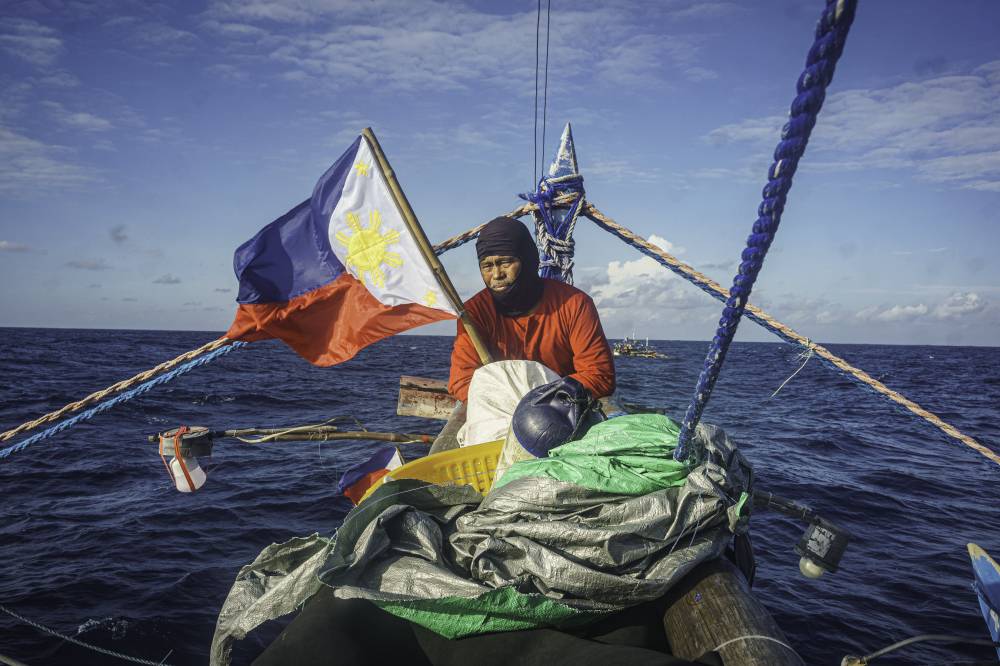
“What we stand firmly against is bullying and the continued encroachment in our own waters. This is about protecting what rightfully belongs to the Filipino people, with honesty and mutual respect at the heart of the dialogue,” she said.
The film was premiered in a theater in Auckland on June 30. It was screened again in another Auckland theater on July 4.
There will be simultaneous screenings in Wellington and Christchurch on July 27. The film can be viewed from July 28 to Aug. 24 on Doc Edge’s online platform.
AFP backs filmmaker
In Manila, the Armed Forces of the Philippines said on Saturday that it “stands firm” with the makers of the award-winning documentary “in defending truth and sovereignty.”
“The AFP supports efforts that shed light on the realities faced by Filipino fisherfolk and maritime defenders in the West Philippine Sea,” it added, referring to actions taken by the Philippine Navy and Philippine Coast Guard (PCG) to defend Philippine sovereign rights over the waters.
The nonprofit Center for Information Resilience and Integrity Studies (CIRIS) condemned China’s diplomatic pressure on the festival, calling it “an attempt to suppress credible storytelling.”
“At CIRIS, we firmly believe that in the face of disinformation, misinformation, and malign influence (DMMI) campaigns, especially by foreign actors, transparent access to credible storytelling is a powerful defense,” said CIRIS, lauding Doc Edge for resisting the Chinese pressure to scrap the film.
“Its message is more urgent than ever—and the PRC’s (People’s Republic of China) attempt at suppression only underscores the documentary’s importance,” it added.
In a Facebook post on Saturday, PCG spokesperson for the West Philippine Sea Commodore Jay Tarriela also criticized China for trying to exert “authoritarian influence” to manipulate sovereign nations.
Tarriela said the film captured the human toll of China’s maritime expansionism, from the struggles of Filipino fisherfolk to the challenges faced by the country’s maritime forces.
“This isn’t just a cinematic endeavor—it’s a bold exposé that shines a spotlight on a critical geopolitical flash point, revealing the stark realities faced by those on the front lines of this dispute,” he added.
Tarriela hoped that Filipinos would be able to see the documentary, which was withdrawn from the CinePanalo film festival, the event organized by supermarket chain Puregold in March.
Troubling trend
The Directors’ Guild of the Philippines Inc. described the film’s removal from the local festival as “a troubling trend in the suppression of artistic expression and the silencing of truth.”
“Given what we’ve already experienced—even here at Doc Edge—I won’t be surprised if external forces attempt to block future showings,” Villarama said. “I sincerely hope cinemas and distributors will have the courage to stand behind the film and let the story be seen.” —WITH REPORTS FROM YASMIN LEE ARPON AND INQUIRER RESEARCH














